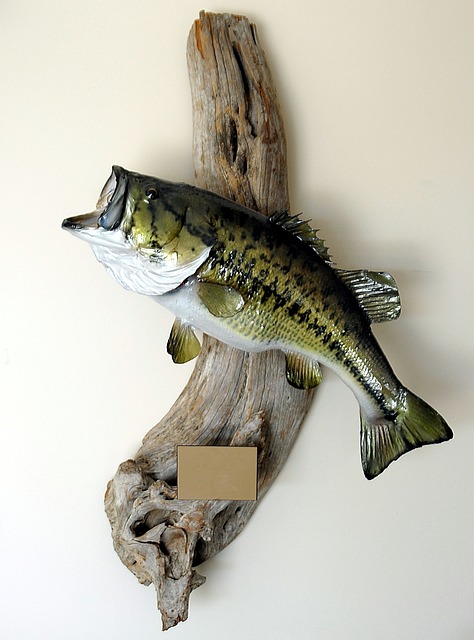Fishing can be a challenging and exciting hobby, or a very relaxing way to spend your time. You can spend just a few hours, or an entire vacation, fishing in either salt or fresh water and in a variety of places. This article provides awesome advice for anyone interested in fishing, regardless of skill level!
When fishing at night, try using a lighted bobber. A lighted bobber includes a miniature bulb so that it is possible to see your line when a fish is biting. The bite of a fish will cause the bobber to move vertically, as usual, and the fisher will be alerted by the light’s movement.
Know which way the fish are migrating to determine in what direction you should cast. During the springtime when the weather breaks for the warmer, fish are moving upstream. Casting in front of them is the smart play here. During the autumn months, fish go in the opposite direction, requiring you to direct your fishing downhill.
If you are wading through the water be careful. If you must wade through water, be sure to go slowly and be extremely careful. Sound travels a long way through water, and you will spook the fish by making too much noise. Don’t disturb the river bed and remain careful.
If you find that you are losing too many fish from a favorite lure, be sure you check your hooks. Using the same hook over and over will cause it to get blunt or twisted, making fishing with it difficult. The best way to solve this problem is by replacing the old hooks with new ones.
When you are fishing, stay quiet. Nothing frightens fish away like big noises. You stand a much better likelihood of keeping fish nearby and actually catching them if you remain quiet and speak softly.
If you are fishing with artificial bait, mix up the color of your bait every once in awhile. This is a great tip, particularly if you’ve been fishing for quite some time without a bite. If your bait is unusually bright or a unique color, it may pique the fishes’ curiosity enough for them to take it.
Remember that when going out to fish to know the weight capacity your boat could hold. If you don’t, you may end up tipping your boat over! Make sure to have a large margin with the weight capacity so you can remain safe.

Make sure you are cognizant of local fishing laws before you go fishing. You might not be able to use certain bait within some areas, while other laws might prohibit fishing in certain bodies of water. Regulations are typically found through the fishing and wildlife departments of your state, and are often available online.
Every catch does not mean it should be kept. Releasing smaller catches and excessive catches is a common courtesy. By controlling the number of fish that is removed, fishermen are ensuring an abundance of fish will be available for future generations.
A lot of bass fishermen like to fish using grubs that are light in color. Grubs in shades of white, yellow, chartreuse, gray or salt-and-pepper may prove especially effective. Grubs that are translucent usually have metal-colored flecks mixed in, which reflects light and can help increase your catch. If you have not had any luck catching fish, try grubs that are the same color as the water.
If you can’t reel in fish with your favorite lure, check the integrity of your hooks. Many fisherman don’t know that hooks can become blunted or twisted with time. This affects the ability of the hook to catch securely. Just by switching hooks you may catch more fish.
No matter what kind of fishing or hunting that you are doing, be sure to respect the creatures and the environment that you are in. Remember that you need to treat the environment well since fish, animals and other humans live here too. Try to avoid ruining nature.
When you’re planning a fishing outing, be sure your tackle box has a very sharp knife inside it. This equipment is very important and you’ll have lots of problems if you do not have it. Ensure that the knife you use for fishing is rust-proof, sharp, and solidly constructed.
This article has hopefully given you new ideas to not only improve your fishing skills, but also enjoy it more. Much of the same knowledge, skills, and abilities come into play whether you are going solo on a freshwater lake or chartering a boat and heading out to open water. Learn as much as you can here, and implement it next time you fish!
Learn what the fishing laws of the location are that you will be fishing in. There are many different types of fishing regulations such as the type of bait, the number of fish that may be kept or the number of poles that can be used. If you aren’t sure, talk to the local government office.
























































